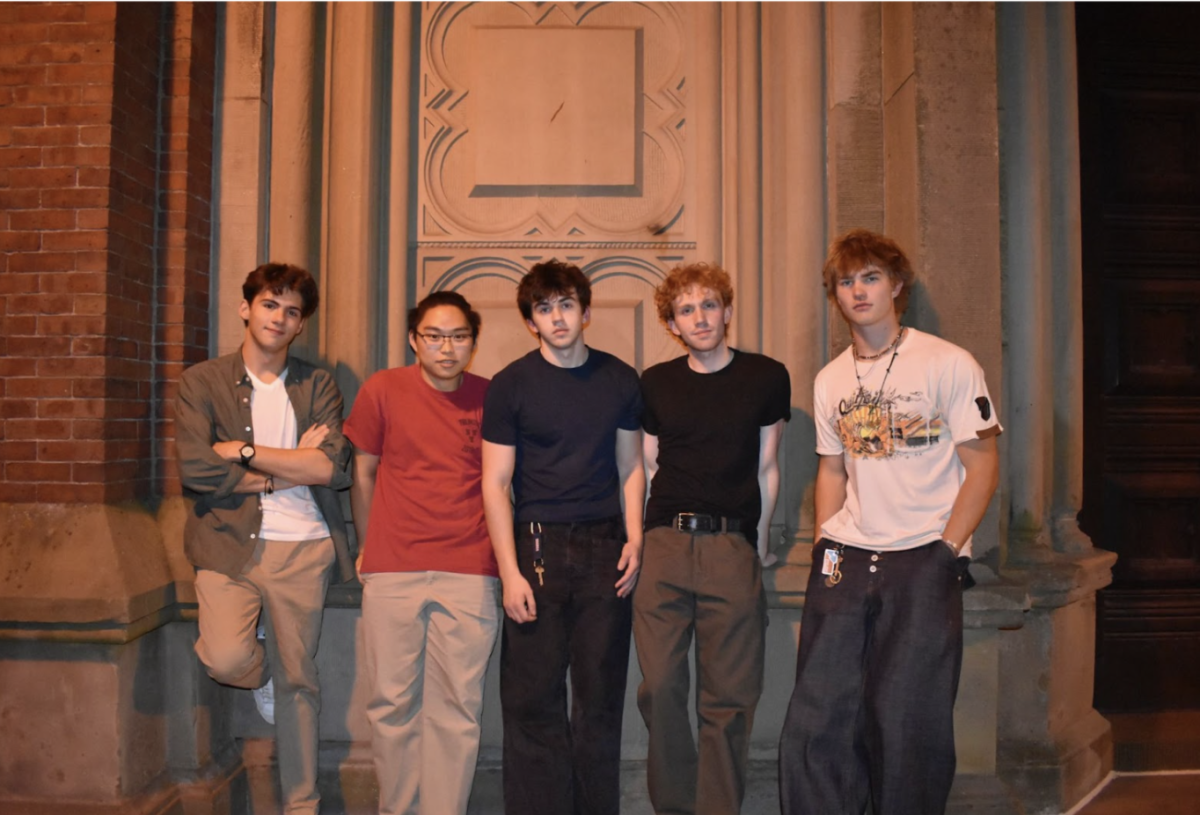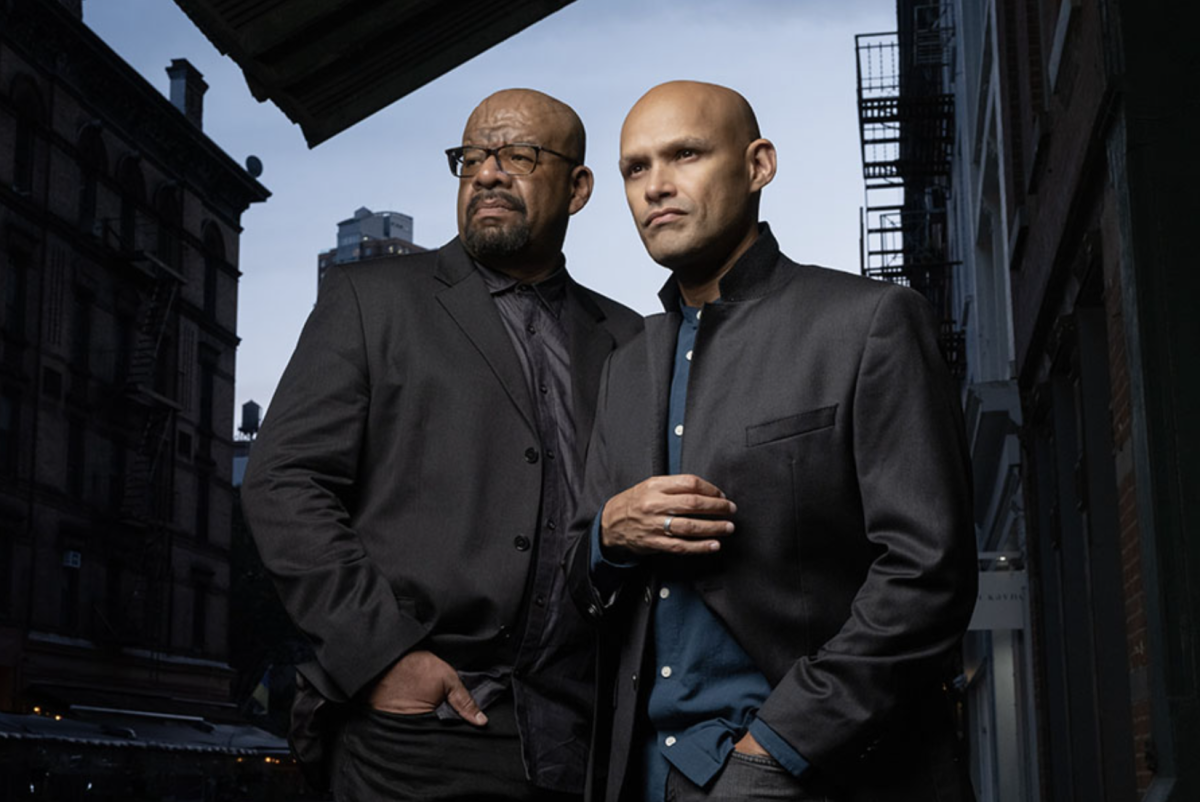Baltimore County, 1999: The body of Hae Min Lee, a popular and athletic student at Woodlawn High School, is found half-buried in Leakin Park. Police discover strangulation marks around her neck, and a murder investigation begins. A few days later, Hae’s ex-boyfriend, Adnan Syed, is arrested and questioned. He insists that he had nothing to do with Hae’s murder and maintains his innocence even after his conviction. Fifteen years later, Adnan still pleads his innocence and hopes for exoneration.
Thus begins WBEZ Chicago’s new podcast “Serial.” Almost overnight, a small-town criminal case dug up from the grim past has become the topic of dinner conversations. “Serial” has spawned countless articles and topped the iTunes chart since its debut. Sarah Koenig, the podcast’s brilliant yet humane narrator, takes us through her investigative journey as she searches for clues that would either confirm or deny Adnan’s innocence. In the first episode, she examines the state prosecution case against Adnan and discovers that a single witness testimony from drug dealer Jay condemned Adnan behind bars. The podcast focuses on unravelling Jay’s testimony and other evidence bit by bit and collecting bits of corroborative evidence to figure out what occurred in those 45 minutes on the night of Jan. 13, 1999. The difficulty? Adnan cannot remember what he was doing that day.
It would be reductive to call “Serial” a murder mystery. A real-life story has no definitive end; nobody, not even the creators of the podcast, knows the truth yet. Sarah Koenig admits she’s fumbling, but we are only too happy to fumble along with her. Her investigation deals less with forensics and more with witness accounts. She speaks with Adnan on a weekly basis and contacts Adnan’s and Hae’s old classmates and friends. Listening to the podcast is an emotional experience, unlike reading murder-mystery novels where clues leave a clearer path and suspects always have an obvious motive. We are taken in by Adnan’s charm, are able to visualize his “dairy-cow large brown eyes.” We leap for joy when Koenig uncovers something that could prove his innocence, and we are disappointed when he seems more capable of Hae’s murder. We listen to excerpts of Hae’s diary with fondness, only to realize that the life of a vibrant young girl was cut so short. We lose sleep when Koenig finds a chilling clue, and we linger on the “Serial” sub-Reddit thread until the next weekly installment.
Perhaps what strikes a chord with us are the themes of displacement, love and teenage rebellion that reappear in each episode. Although Koenig mostly focuses on her investigation, she does not forget to breathe life into her witnesses, refusing to treat them like black-and-white newspaper cutouts. Adnan and Hae were the children of immigrants, of Pakistani and Korean origin respectively. Governed by strict rules at home, the two devised a system in which they secretly met and talked without the knowledge of their conservative parents. They performed the roles their parents expected them to but rebelled all the same. Adnan was a straight-A student, track and football star and EMT, but he hooked up with girls and smoked pot on the side. Hae’s story is a bit more obscure, possibly due to legal reasons, but her diary reveals conflicts with her parents and her struggle to reconcile her home and social life. Her absolute adoration of Adnan is perhaps the most heartbreaking, reminiscent of our own teenage naivety and innocence. Adnan simultaneously remains a charmer and a frightening enigma. Regardless of whether or not he committed the crime, his completely normal personality makes us question whether the friends and family around us can turn into raging sociopaths and whether homicidal tendencies lie latent within all of us.
From the ethical perspective, “Serial” can potentially disturb the lives and privacy of the people directly or indirectly involved with the case. Adnan and Jay are not fictional characters, but some users on Twitter and Reddit have taken it upon themselves to stalk the Facebook profiles of the people Koenig has interviewed, and they outright accuse some people of murdering Hae. Koenig does not reveal the names of the people she has interviewed. In some cases, she even allows anonymous accounts. Although the producers have ensured that their storytelling remains ethical, the same cannot be said for the thousands of netizens that disperse anonymous, incriminating messages. Michelle Dean of the Guardian expresses concern that Redditors may launch an attack on an unknowing person, just as they accused an innocent boy of being the instigator of the Boston Marathon bombings. Fortunately, moderators of the “Serial” sub-Reddit forbid pictures and any mention of people’s last names to avoid disturbing the privacy of the people affected and traumatized by the events.
An installment of the podcast is released every Thursday. As of now, Sarah Koenig has not discovered the truth, but she claims that she keeps receiving new information regarding the case. But as most listeners will say, what makes “Serial” intriguing is not the anticipation that comes right before a revelation, but the process of finding and contemplating. “Serial” will continue to grip the masses long after the case has been closed and shelved.
Photo by Alice Liang, 16, Co-Editor-In-Chief






